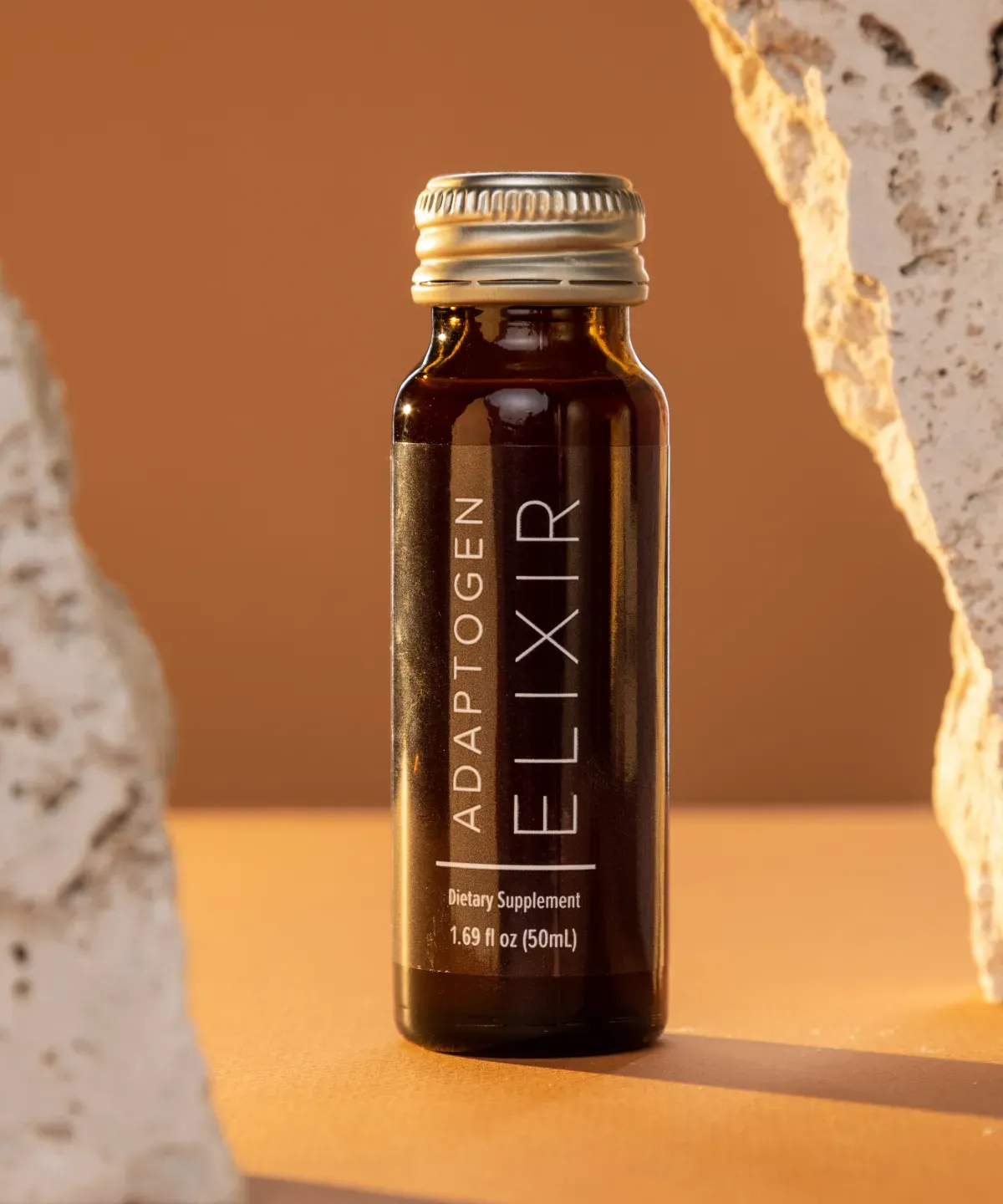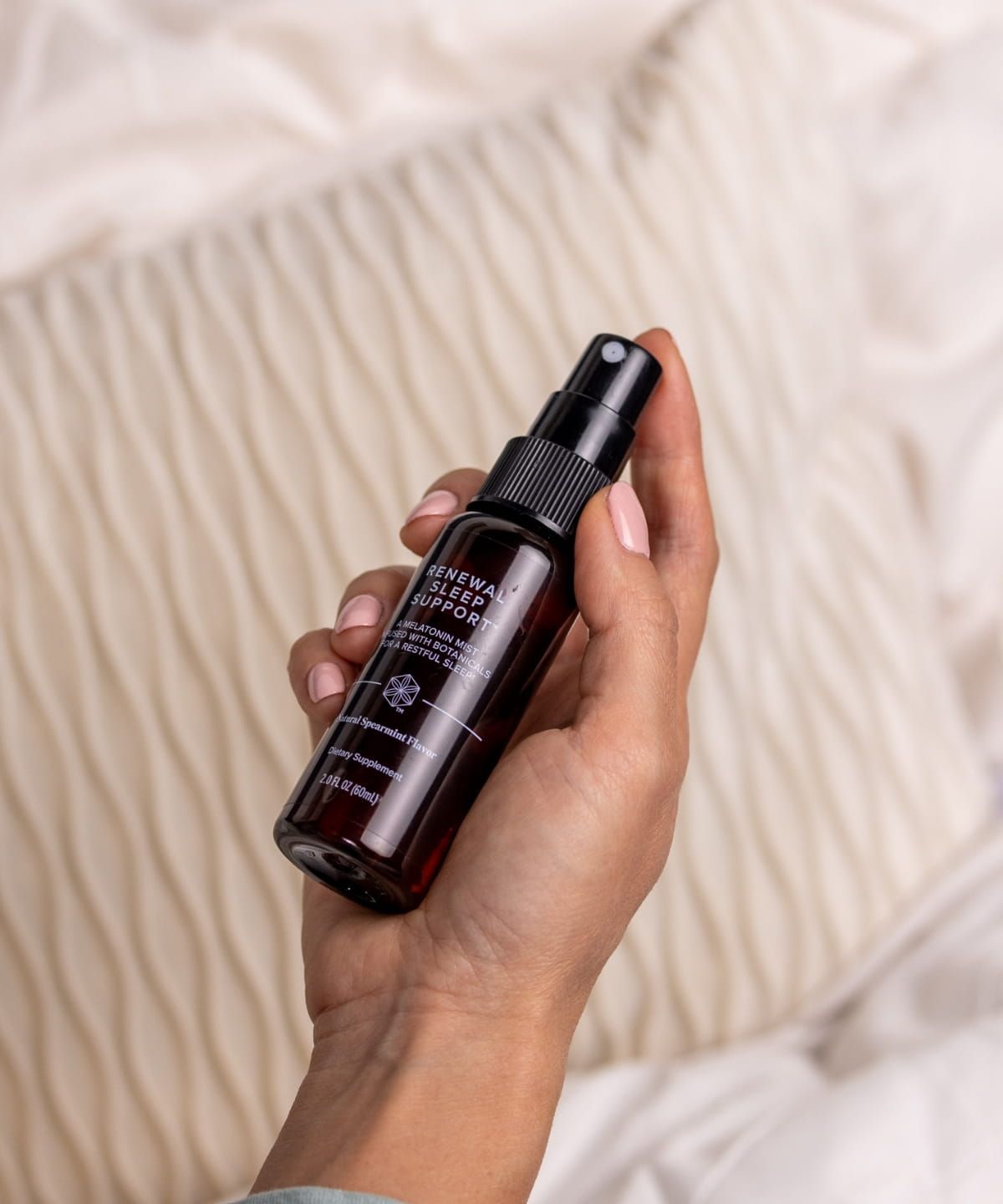Why Sleep Isn’t a Luxury—It’s a Necessity (Especially for Women in Midlife and Beyond)
Exhale Fully. Sleep Peacefully. Wake Powerfully.

Why Sleep Isn’t a Luxury—It’s a Necessity (Especially for Women in Midlife and Beyond)
Sleep is a layered topic—and we’re just getting started. In upcoming blogs, I’ll dig deeper into things like your circadian rhythm (your body’s internal clock), how REM and deep sleep impact recovery and hormones, and why alcohol—even just one glass—can sabotage your sleep quality. We’ll also explore how your DNA may determine if you’re a night owl or early riser, why your morning coffee could still be affecting you at bedtime, and how sleep can boost creativity, immune health, and even emotional resilience. For now, consider this your foundation—a starting point to help you rethink sleep as one of the most powerful tools in your wellness toolbox.
Let’s be honest—when life gets busy, sleep is often the first thing we sacrifice. We push through fatigue with caffeine, catch up on tasks late at night, and wear our exhaustion like a badge of honor. But here’s the truth: sleep isn’t optional. It’s foundational.
And as women—especially during the hormone shifts of perimenopause and menopause—our need for high-quality sleep becomes even more critical.
The Science of Sleep: Why It Matters More Than You Think
According to sleep expert Dr. Matthew Walker, the amount and quality of sleep you get affects everything—from your mood and memory to your metabolism and immune system. It’s during sleep that your brain sorts, stores, and detoxifies. Your body repairs cells, balances hormones, and recalibrates your nervous system.
Here's a fun fact. According to studies, the amount of people in the world who can survive on less than 6 hours of sleeping consistently, with no impairment to their lives ... is zero.
Everyone knows we need air. We need water. We need food. But the need for sleep is just as important.
And no, not all sleep is the same.
You cycle through two key types of sleep:
REM sleep (Rapid Eye Movement) is when your brain is active. This is dream-heavy sleep and supports memory, creativity, and emotional resilience.
Non-REM sleep (deep, restorative sleep) is when your brain slows down, allowing your body to physically repair and your mind to reset.
Both types are essential, and women in midlife often don’t get enough of either—thanks to hormone shifts, night sweats, stress, and increased cortisol.
If You Sleep Like the Dead… Do You Still Need a Sleep Product?
(Spoiler: I thought I didn’t, either.)
I’ve always been someone who sleeps like the dead—traveling, stress, chaos, calm—none of it interrupts my sleep. So when our Adaptogen Elixir launched, I honestly didn’t think I needed it for sleep. I started taking it more for the gut health benefits.
But here’s what surprised me: even though I fell asleep fast and stayed asleep all night, I still needed an alarm clock most mornings. And let’s be real—one of the perks of working from home is not having to wake up at a specific time. But I also don’t want to waste the day away.
After just a few nights of taking the Elixir before bed, I started waking up before my alarm. No grogginess, no dragging. Just ready to rock the day. It was like my body had dropped into a deeper, more restorative level of sleep I didn’t even realize I was missing.
It’s Not Just About How Long You Sleep—It’s About How Well You Sleep
One of the most empowering things you can do for your health is prioritize quality sleep. In fact, studies show that even just one week of poor sleep can disrupt blood sugar balance, increase cravings, and weaken your immune function.
And here’s a cool bonus from Dr. Walker: Sleep plays a huge role in memory retention. That occasional forgetfulness we chalk up to “just getting older”? It’s often linked to poor sleep. Better sleep can actually help you sharpen your mind—at any age.
Also, your body’s natural sleep rhythm—whether you're a night owl or early bird—might be encoded in your DNA. So instead of forcing early mornings or late nights, focus on protecting the sleep window that works for you.
Simple Strategies to Improve Sleep Tonight
- Cool down your room to around 65°F
- Power down devices 30–60 minutes before bed
- Stick to a consistent sleep/wake schedule—even on weekends
- Avoid large meals or alcohol close to bedtime
- Try a calming bedtime ritual (reading, journaling, or stretching)
Want more ways to support your energy and recovery?
When you subscribe to the blog, I’ll send you my free downloadable guide with 20 of my favorite protein-packed recipes—simple, delicious, and perfect for anyone looking to feel better from the inside out.
Subscribe here to get yours!
Some of my non-negotiables for Sleep & Hormone Support
Ive linked a few of my favorite, all natural "sleeping beauty" besties here for you!
Harmonia – A hormone-balancing supplement that’s been a game-changer for women struggling with night sweats, racing thoughts, and restless sleep during perimenopause and menopause.
Adaptogen Elixir – A calming blend of kombucha and adaptogens. I take it 30 minutes before bed—it’s helped me fall asleep deeper and wake up more refreshed.
Sleep Support Spray – A gentle melatonin-based option for those nights when your mind won’t settle down.
Bottom Line: Sleep Is Your Secret Weapon
You don’t need to overhaul your life—just start by protecting one of the most powerful tools for your health and vitality: your sleep.
Give yourself permission to rest. To unplug. To prioritize you. Because when you sleep better, you live better.
SHARE






